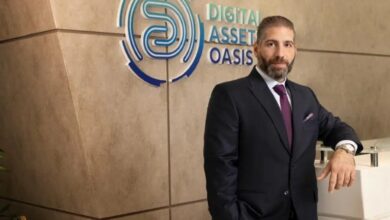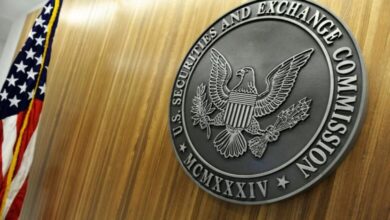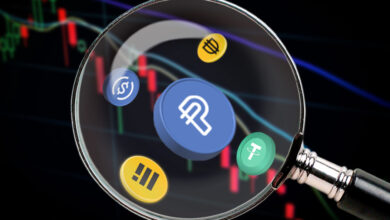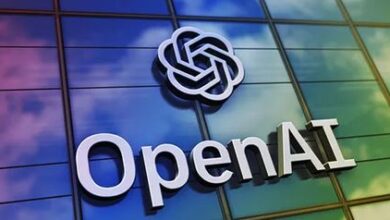Masayoshi Son’s Bold Play: SoftBank’s $500 Billion AI Bet in the US
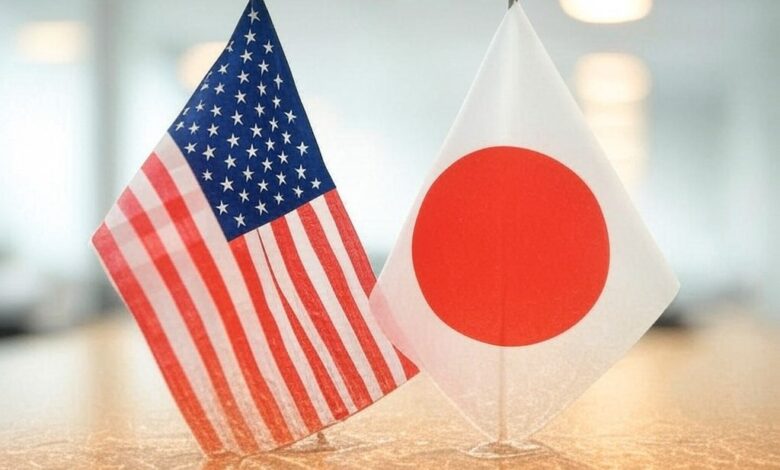
Softbank CEO Masayoshi Son‘s plan to invest billions in AI in the United States highlights one way to navigate the new Trump administration: make bold moves now and sort out the details later.
For Japan Inc., grappling with how to approach President Donald Trump’s second term—amid threats of steep tariffs or other punitive measures—replicating Son’s strategy may not be straightforward.
Son has appeared alongside Trump twice since the November election. Last month, he committed to a $100 billion investment in the U.S., and this week, he announced a $500 billion AI infrastructure project called Stargate, in partnership with OpenAI and Oracle (ORCL.N), according to Reuters.
While many specifics about the venture, such as funding and SoftBank’s role, remain unclear, Son’s flashy investment style appears to resonate with Trump. However, this approach may not be as feasible for traditional Japanese companies.
“More investment in mainland USA is always something that will be welcomed by the Trump administration,” said Kunihiko Miyake, research director at the Canon Institute for Global Studies and a former diplomat. “Mr. Son is not an ordinary Japanese. Even if his methodology is good and successful, I don’t think that ordinary Japanese business people can do the same.”
Miyake pointed out that Son’s ability to make swift decisions contrasts sharply with the “traditional orthodoxy” of Japanese firms, which prioritize careful, long-term planning.
This week, Trump suggested imposing tariffs on goods from Mexico and Canada as early as February 1, adding to months of anxiety among Japanese automakers that export from Mexico to the U.S. Unlike Son, Japan’s Prime Minister Shigeru Ishiba has not yet met with Trump.
At his recent meeting with Trump, Son expressed optimism about America’s future.
“This is the beginning of (a) golden age of America,” Son declared at the White House event.
“We wouldn’t have decided unless you won,” he told Trump.
Following the announcement, SoftBank’s shares surged about 11% in Tokyo. The group holds around $25 billion in available funds and manages a portfolio of stakes in both listed and private companies. According to a SoftBank spokesperson, the Stargate investment will form part of the $100 billion pledge made in December.
SoftBank’s recent commitments suggest the company is reemerging after a period of retrenchment caused by declining tech portfolio values. Son remains enthusiastic about artificial intelligence, a key area where the U.S. aims to maintain an edge over China.
SoftBank’s involvement in Stargate “shows how valuable the quality and combination of (SoftBank’s) assets and tech investment management capabilities are seen to be,” wrote Macquarie analyst Paul Golding in a note.
SoftBank also owns chip designer Arm, which, according to Reuters, plans to raise its prices and has explored creating its own chips.

